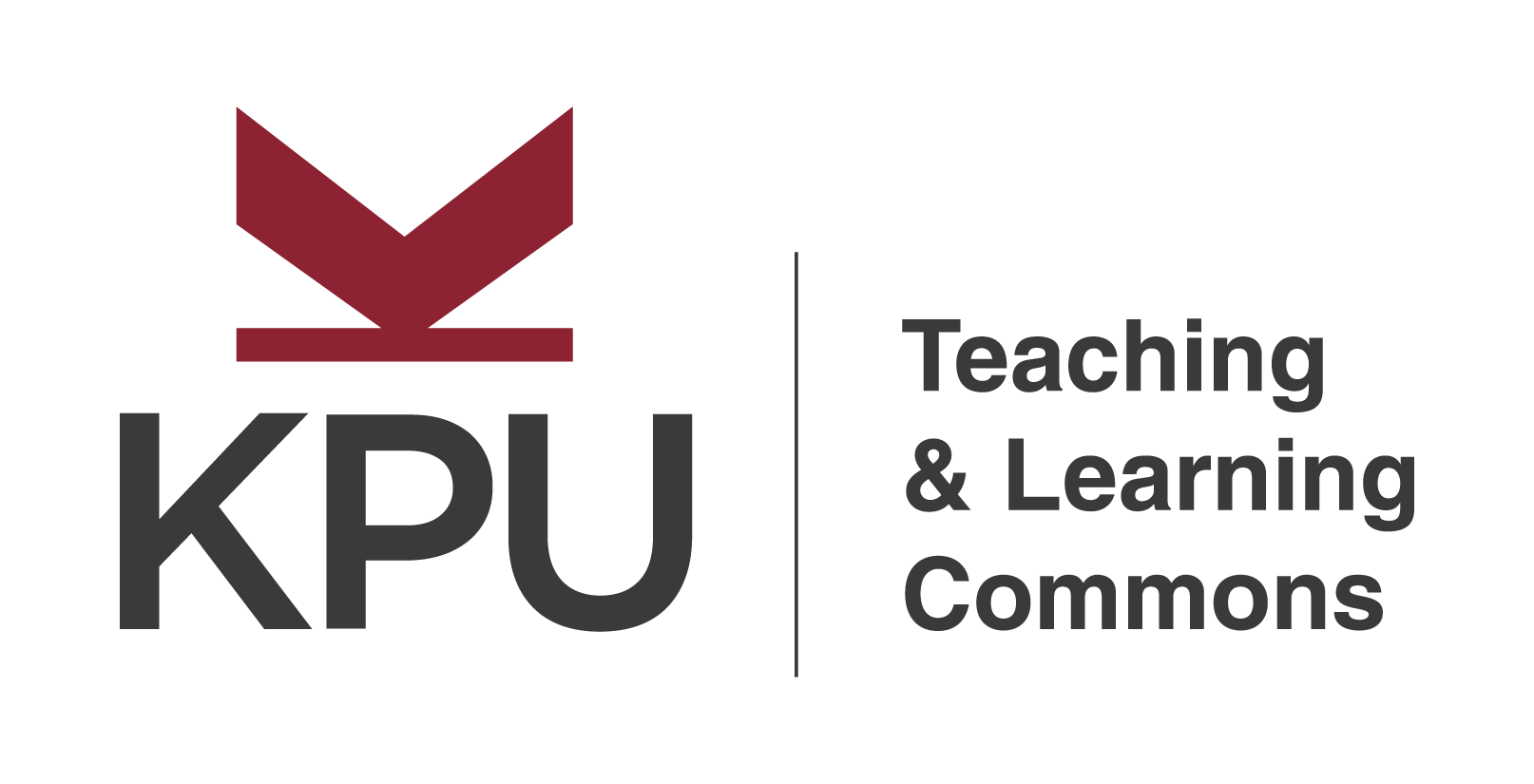How to Exclude Gen AI Use in Your Classroom
Define What is or is Not Allowed
What isn’t being used in the course – Define what is in and what is out.
- Is it just Generative AI programs like GPT4 (OPEN AI), Gemini (Google), or Claude?
- Does this include programs that use Generative AI (i.e. Copilot, Adobe, and Grammarly)?
- Does this include any supports that give corrections or suggestions to a student’s work? (spell check)
- Does this include anything that isn’t the student’s direct work? (dictionary/thesaurus use)
Hold an Open Discussion
It is good practice to discuss this with your students on the first day of class. Be sure to encourage questions so they have clarity around the expectations you have of them and their performance.
Provide Context
Help your learners understand why Generative AI isn’t being used in the course.
- How will the course’s learning objectives not be met if Generative AI is used?
- What weaknesses or biases does GenAI present that make it unsuitable?
Even though you will not be using Generative AI in your course, it is important that you share your thoughts on the relevant limitations that led to your decision. This will help your learners have a deeper understanding of the content in your course, your expectations, their own learning, and better understanding of the limits of Generative AI.
How to Address Unforeseen Changes
Generative AI is being pushed into existing software, often without much promotion, and it is possible that a service that doesn’t use Generative AI at the beginning of the semester and is initially allowed, may adopt some Generative AI function mid-semester and no longer be appropriate.
- How will you make sure you are aware of these changes?
- How will the students be able to verify changes with you?
- How will you account for students encountering a mid semester change?
- How will you determine if a student has breached academic integrity?
- How will you address a student you feel has breached academic integrity?
It is good practice to consider these questions before the start of the semester and discuss with your students. Students are responsible for following up in case there are questions. You are responsible for outlining how they may exercise their responsibility.
Things Keep Changing
Yes, they do. What is correct and true now will change, and likely without notice.
You are not expected to know everything. Your learners are in the same situation.
The best approach is to anticipate that change will happen and provide some guidance for navigating this challenge – that will set you and your learners up for success.

